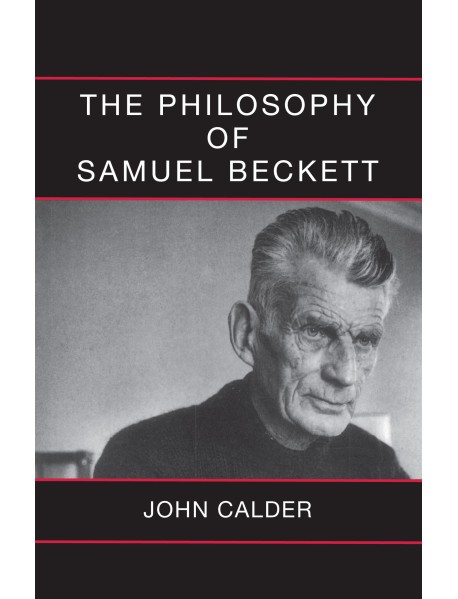The Philosophy of Samuel Beckett

-
11.33 €
-+
Increasingly Samuel Beckett"s writing is seen as the culmination of the great literature of the twentieth century - succeeding the work of Proust, Joyce and Kafka. Beckett is a writer whose relevance to his time and use of poetic imagery can be compared to Shakespeare"s in the late Renaissance.
John Calder has examined the work of Beckett principally for what it has to say about our time in terms of philosophy, theology and ethics, and he points to aspects of his subject"s thinking that others have ignored or preferred not to see.
Samuel Beckett"s acute mind pulled apart with courage and much humour the basic assumptions and beliefs by which most people live. His satire can be biting and his wit devastating. He found no escape from human tragedy in the comforts we build to shield ourselves from reality - even in art, which for most intellectuals has replaced religion. However, he did develop a moral message - one which is in direct contradiction to the values of ambition, success, acquisition and security which is normally held up for admiration, and he looks at the greed, God-worship, and cruelty to others which we increasingly take for granted, in a way that is both unconventional and revolutionary.
If this study shocks many readers it is because the honesty, the integrity and the depth of Beckett"s thinking- expressed through his novels, plays and poetry, but also through his other writings and correspondence- is itself shocking, to conventional thinking. Yet what he has to say is also comforting. He offers a different ethic and prescription for living - a message based on stoic courage, compassion and an ability to understand and forgive.
John Calder has examined the work of Beckett principally for what it has to say about our time in terms of philosophy, theology and ethics, and he points to aspects of his subject"s thinking that others have ignored or preferred not to see.
Samuel Beckett"s acute mind pulled apart with courage and much humour the basic assumptions and beliefs by which most people live. His satire can be biting and his wit devastating. He found no escape from human tragedy in the comforts we build to shield ourselves from reality - even in art, which for most intellectuals has replaced religion. However, he did develop a moral message - one which is in direct contradiction to the values of ambition, success, acquisition and security which is normally held up for admiration, and he looks at the greed, God-worship, and cruelty to others which we increasingly take for granted, in a way that is both unconventional and revolutionary.
If this study shocks many readers it is because the honesty, the integrity and the depth of Beckett"s thinking- expressed through his novels, plays and poetry, but also through his other writings and correspondence- is itself shocking, to conventional thinking. Yet what he has to say is also comforting. He offers a different ethic and prescription for living - a message based on stoic courage, compassion and an ability to understand and forgive.
